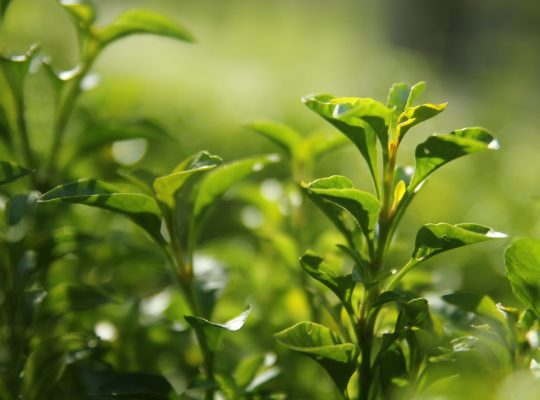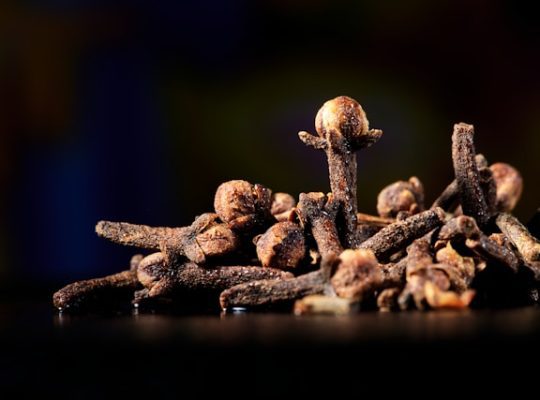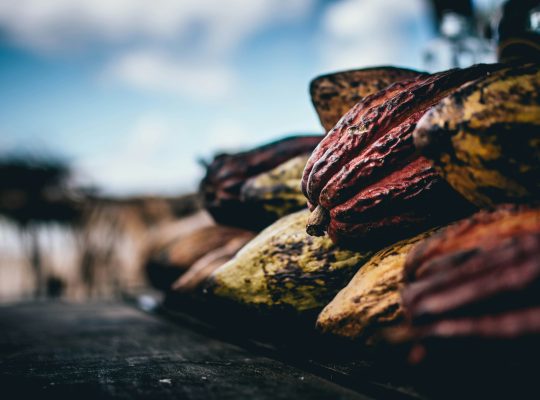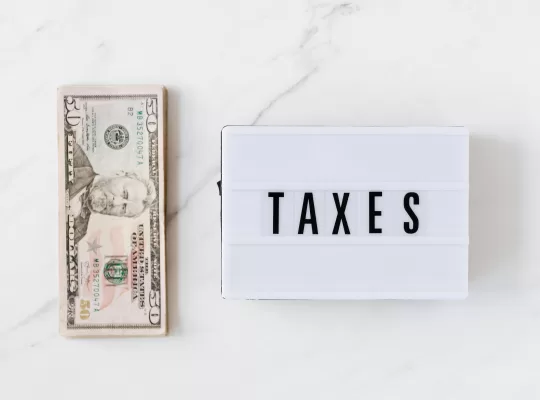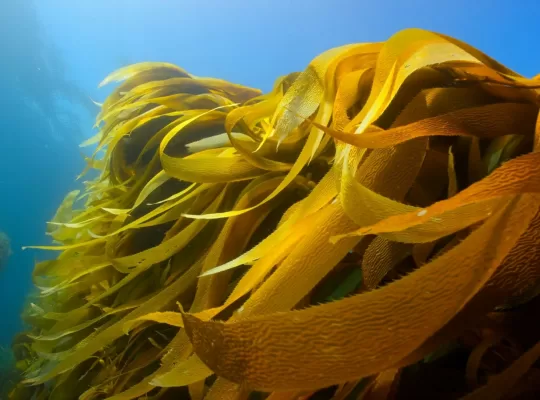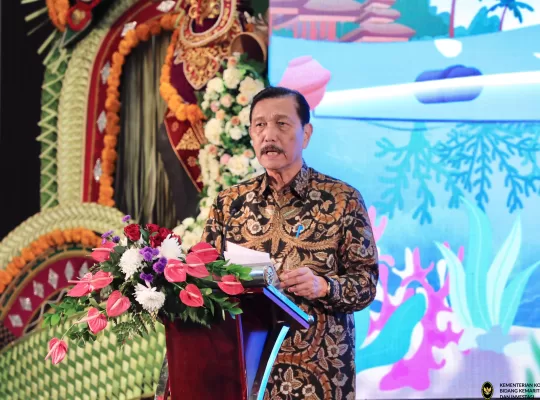The Indonesian government is shifting its focus to enhance the development of the seaweed industry, moving beyond its efforts with nickel to tap into the promising potential of seaweed. President Joko Widodo, commonly referred to as Jokowi, has identified seaweed as a key resource that Indonesia is poised to transform into a variety of market-ready products.
Tb. Haeru Rahayu, the acting head of the Ministry of Maritime Affairs and Fisheries’s Capture Fisheries, highlighted that the cost of seaweed farming is comparatively lower than shrimp cultivation. This makes it an attractive venture for local farmers, especially with the financial support available from entities like LPMUKPLU. The sector is flourishing, bringing in over a trillion annually.
The government has simplified the licensing process for the seaweed industry through the Online Single Submission (OSS) system, eliminating the need for physical paperwork. Local governments now have the authority to assign cultivation areas, allowing farmers to utilize up to a hectare for a set fee of Rp18.680 million.
To address the challenge of seed quality, the ministry is employing Tissue Culture techniques and operates six technical units across various regions to provide continuous support to cultivators.
Tb. Haeru mentioned that China currently leads as the primary investor in Indonesia’s seaweed sector. He also acknowledged the significant investments from Korea, Japan, and India, which have established their presence in Bali.
One of the government’s goals is to cut down the export of raw seaweed from 80 percent to 50 percent, aiming to add more value domestically. The initiative to promote the downstream seaweed industry aligns with President Widodo’s vision of leveraging Indonesia’s position as a global leader in seaweed production. The upcoming administration under President-elect Prabowo Subianto is expected to continue supporting this initiative.
In summary, the Indonesian government’s initiative to develop the seaweed downstream industry reflects a strategic effort to diversify the nation’s commodities sector, promising economic growth and sustainable development.


